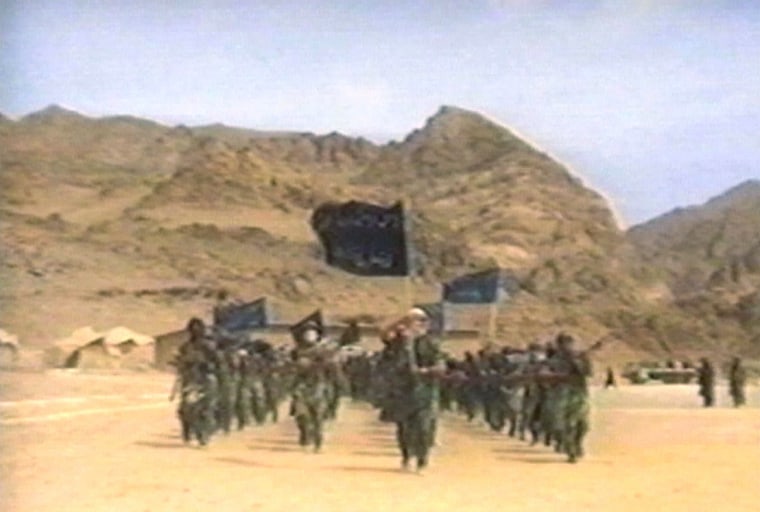A senior Al Qaeda leader who helped direct the group's international operations was killed last month in a U.S. airstrike in Afghanistan, the Pentagon confirmed Friday.
Nayef Salam Muhammad Ujaym al-Hababi died during the Oct. 23 "precision strike" in the Kunar Province in eastern Afghanistan. Al-Hababi is also known as Farouq al Qahtani al-Qatari and Sheikh Farooq, among other aliases.
Related: Senior Al Qaeda Commander Targeted by U.S. Drone Strike: U.S. Official
"This successful strike is another example of U.S. operations to degrade international terrorist networks and target terrorist leaders who seek to attack the U.S. homeland, our interests and our allies abroad," Pentagon spokesman Peter Cook said in a statement.
U.S. military officials are still assessing whether Balal al-Utabi, a deputy of al-Hababi who was also targeted in the raid, was killed.
Al-Hababi is the group's emir in eastern Afghanistan and one of the organization's fundraisers in the Persian Gulf. He is a Saudi-born Qatari believed to be between age 34 and 36, according to the Treasury Department.
Al-Hababi and al-Utabi were involved in plots to strike targets in Europe and the U.S., officials said.
Officials previously told NBC News that last month's attack was "the most significant al Qaeda strike in Afghanistan in several years," which involved Hellfire air-to-surface missiles hitting a compound.
Al Qaeda has a history in Afghanistan, where many of its mainly Arab members started as Islamic holy warriors or "jihadis" fighting the Soviet occupation.

